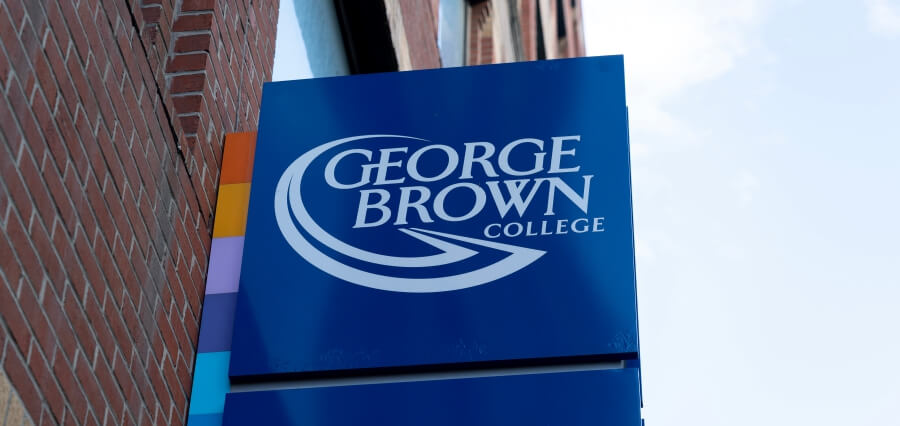The Science of Success
The demand for effective leadership has become more critical than ever in the continually progressing business sector. Leaders are faced with the challenge of navigating complex organizational dynamics, driving innovation and maintaining a competitive edge—all while fostering a positive workplace culture.
Amid these challenges, the role of executive coaches has become increasingly significant, especially those who leverage evidence-based strategies. These strategies—rooted in scientific research and empirical data—offer a structured approach to leadership development, ensuring that interventions are not just based on intuition or anecdotal experiences but on proven methods that yield tangible results.
The Asia Pacific region, known for its diverse cultures and economic dynamism, has become a hub for pioneering leadership practices. Asia Pacific’s leading executive coaches are at the forefront of this movement, combining traditional wisdom with modern psychological and behavioral science to cultivate leaders who can thrive in both local and global contexts.
The essence of their approach lies in the meticulous application of evidence-based strategies—techniques that have been rigorously tested and validated across various industries and organizational settings.
The subtitle, “The Science of Success,” encapsulates the underlying principle of these strategies. Success in leadership is not a product of innate talent or experience but a science—a discipline that can be studied, understood and enhanced through systematic approaches.
The Foundation of Evidence-based Coaching
At the heart of evidence-based strategies is the integration of the best available research with the coach’s expertise and the specific needs of the client. Unlike traditional coaching methods that may rely heavily on the coach’s personal experiences or popular trends, evidence-based coaching is grounded in solid research. This approach ensures that the techniques used are not only effective but also replicable across different contexts.
Asia Pacific’s leading executive coaches emphasize the importance of understanding the psychological and behavioral sciences that underpin leadership. They draw from a wide array of disciplines including Cognitive-behavioral Therapy (CBT), neuroscience and organizational psychology, to develop strategies that are both scientifically sound and practically applicable.
This foundation allows coaches to tailor their interventions to the unique challenges faced by leaders in the Asia Pacific region, ensuring that their strategies are culturally relevant and contextually appropriate.
Key Components of Evidence-based Strategies
- Assessment and Diagnostics
The use of validated assessment tools is a cornerstone of evidence-based strategies. Asia Pacific’s leading executive coaches often begin their engagements with a comprehensive evaluation of the leader’s strengths, weaknesses and areas for development. Tools such as 360-degree feedback, personality assessments and behavioral analyses provide a data-driven foundation for the coaching process. These assessments not only help in identifying specific developmental needs but also in tracking progress over time. - Goal Setting and Action Planning
Effective coaching is goal-oriented. However, in the context of evidence-based strategies, goal setting goes beyond simple objectives. Asia Pacific’s leading executive coaches utilize frameworks such as SMART goals (Specific, Measurable, Achievable, Relevant, and Time-bound) to ensure that the goals are realistic and aligned with the leader’s overall vision. The action plans developed are grounded in research, ensuring that each step is designed to lead to measurable improvements. - Behavioral Interventions
Changing behavior is a critical aspect of leadership development. Evidence-based strategies often involve specific interventions aimed at modifying behaviors that hinder leadership effectiveness. Techniques such as cognitive restructuring, mindfulness and habit formation are commonly employed by Asia Pacific’s leading executive coaches. These interventions are supported by empirical research, ensuring that they lead to sustainable change. - Continuous Feedback and Adjustment
The coaching process is robust, and continuous feedback is essential for its success. Asia Pacific’s leading executive coaches use real-time data and feedback mechanisms to adjust their strategies as needed. This iterative process ensures that the coaching remains relevant and effective, adapting to the evolving needs of the leader and the organization.
Case Studies
Transformational Leadership in Japan
In Japan, a country where traditional hierarchical structures often dominate, Asia Pacific’s leading executive coaches have been instrumental in fostering transformational leadership.
By employing evidence-based strategies such as leadership assessments and behavioral interventions, these coaches have helped Japanese executives break free from conventional norms and embrace a more participative leadership style. This shift has led to increased innovation and employee engagement, demonstrating the power of evidence-based coaching in driving organizational change.
Resilient Leadership in Australia
Australia’s volatile economic environment requires leaders who are not only effective but also resilient. Asia Pacific’s leading executive coaches in Australia have focused on building resilience through evidence-based strategies that incorporate psychological resilience training and stress management techniques. These strategies have been particularly effective in helping leaders navigate the uncertainties of the market, maintaining their composure and effectiveness even in the face of adversity.
The Science Behind Success
Neuroscience and Leadership
One of the most exciting developments in evidence-based strategies is the application of neuroscience to leadership coaching. Asia Pacific’s leading executive coaches are leveraging insights from neuroscience to enhance their coaching practices. By understanding how the brain processes information, manages emotions and drives decision-making, coaches can develop more effective strategies for improving leadership performance.
For example, techniques such as neurofeedback and Mindfulness-based Cognitive Therapy (MBCT) are being used to enhance self-awareness and emotional regulation among leaders. These practices are grounded in scientific research, offering a clear pathway to improved leadership capabilities.
Organizational Psychology and Behavior Change
Another key area of focus for Asia Pacific’s leading executive coaches is organizational psychology. By applying principles from this discipline, coaches can better understand the dynamics of team behavior, organizational culture and leadership effectiveness. Evidence-based strategies derived from organizational psychology help leaders navigate complex interpersonal relationships, build high-performing teams and foster a positive organizational culture.
Closing Remarks
The integration of evidence-based strategies by Asia Pacific’s leading executive coaches represents a significant advancement in the field of leadership development. These strategies, rooted in scientific research and tailored to the unique needs of the region, offer a powerful tool for enhancing leadership effectiveness.
By focusing on data-driven assessments, goal-oriented action plans and scientifically supported behavioral interventions, these coaches are not only shaping the leaders of today but also laying the foundation for the leaders of tomorrow.
As the demand for effective leadership continues to grow, the science of success—embodied in evidence-based strategies—will play an increasingly critical role in the development of leaders across the Asia Pacific region and beyond. The future of leadership coaching lies in the continued exploration and application of these evidence-based strategies, ensuring that leaders are equipped with the tools they need to succeed in an ever-changing world.






